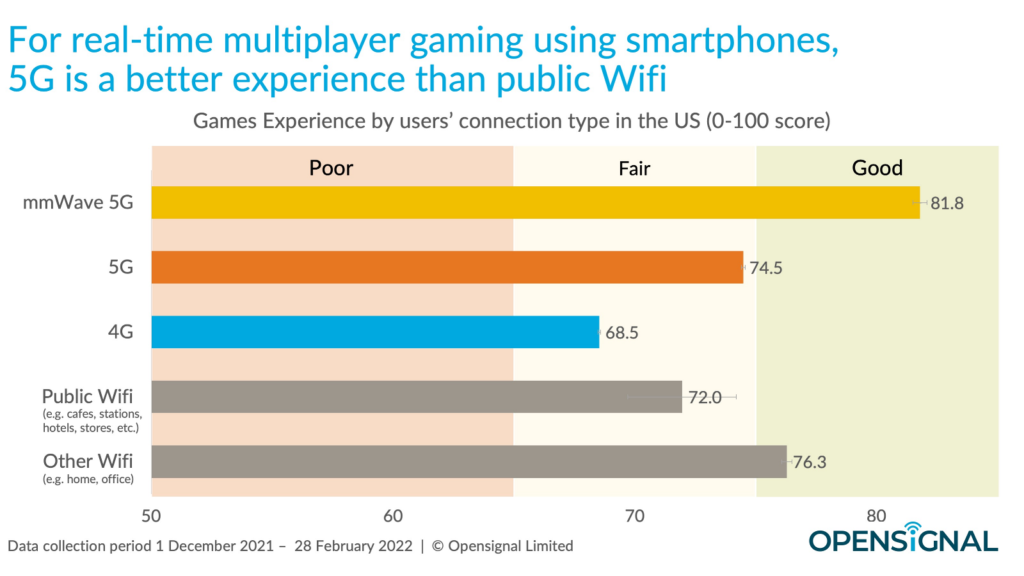Quantum computing has proven to outperform classical computing in terms of speed and memory usage, paving the way for predicting physical phenomena that were previously deemed impossible.
Considered a paradigm shift from conventional computing, quantum computers utilize quantum bits (qubits) to store information, unlike classical computers that rely on bits (0 or 1).
While quantum computers face challenges in stability and information retention, efforts are being made to mitigate information loss and translation difficulties into classical information.
Contrary to quantum computers, classical computers do not encounter issues with information loss or translation challenges. Recent research suggests that well-designed classical algorithms can mimic the functions of quantum computers with greater efficiency than previously thought.
This study indicates that classical computing can be optimized to perform faster and more accurate calculations. Scientists achieved this breakthrough by using an algorithm that retains only essential information from the quantum state to compute the final result accurately.
Dries Sels, an assistant professor at New York University’s Department of Physics, commented, “This work demonstrates the potential for enhancing computations through classical and quantum approaches. It also underscores the challenges of achieving quantum advantage with error-prone quantum computers.”
Scientists at the Simons Foundation focused on a specific type of tensor network that captures qubit connections accurately to enhance classical computing. Recent advancements in the field have enabled the optimization of these networks using statistical inference techniques.
Joseph Tindall from the Flatiron Institute, who led the project, stated, “Choosing different structures for the tensor network is akin to selecting various compression formats, similar to different image formats. Our work showcases the development of tools for working with diverse tensor networks, raising the bar for quantum computing even further.”
Journal Reference:
- Joseph Tindall, Matthew Fishman, E. Miles Stoudenmire, and Dries Sels. Efficient Tensor Network Simulation of IBM’s Eagle Kicked Ising Experiment. PRX Quantum. DOI: 10.1103/PRXQuantum.5.010308



